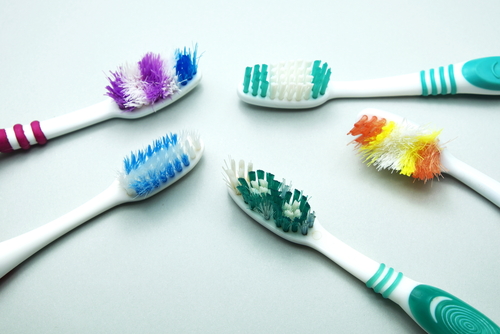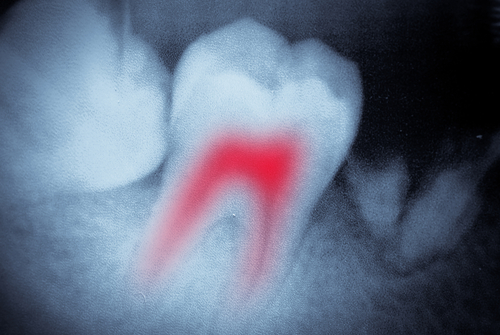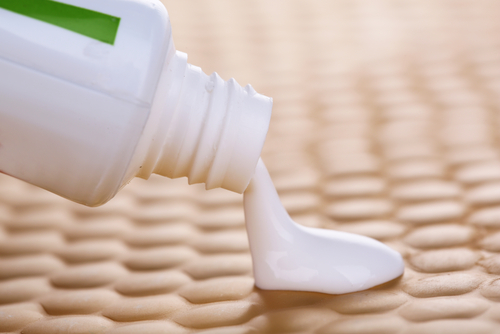
We’ve all seen one before. The frayed, worn-out toothbrush with bristles stretching and poking out every which way. Our dental offices in Middletown, Kettering, and West Chester know that sometimes we forget, and we use our toothbrushes until they reach the point of no return. But did you know that this can be bad for your oral, and even your overall health? It’s true! Worn down brushes and their battered bristles are a lot less effective at helping your teeth get clean.
Change is Good
The American Dental Association (ADA) recommends replacing your toothbrush every three to four months — and our Middletown, Kettering, and West Chester dental offices couldn’t agree more! As a matter of fact, you don’t even have to wait that long. If the brush starts looked ragged and scary earlier than that, change it anyway. And keep an eye on your kid’s brushes too, as they need new ones even more frequently.
The Bacteria-Toothbrush Connection
There’s been some conversation about the possibility of bacterial contamination in toothbrushes, but the ADA wants to set the record straight. Here’s the bacteria breakdown:
- FACT #1: The mouth does contain germs that do get transferred to your toothbrush.
- FACT #2: Airborne germs can land on your toothbrush when it’s not in use.
- FACT #3: New toothbrushes may even have germs because they’re not in sterile packaging.
But guess what? Even though these germy scenarios exist, it doesn’t necessarily have any effect on your body. This is due to another interesting fact: your body is regularly exposed to germs and can usually fight them off.
Keeping Toothbrushes Clean
While some germs are bound to inhabit your toothbrush, there are a few steps you can take to limit any extra ones from nestling in.
1) Keep it to yourself – don’t share your toothbrush with anyone else.
2) Rinse well – use tap water to help remove debris and toothpaste.
3) Return to upright position – store your toothbrush standing up and allow to air-dry.
4) Separation works too – store multiple brushes separately to avoid germ transfer
The ADA also recommends avoiding using a toothbrush container that covers the brush completely. The moist environment could help germs multiply and grow. Gross!
Your dentist in Middletown, Kettering, and West Chester knows how important it is to keep your smile healthy. The same goes for your toothbrush. Make sure you’re changing it regularly, especially if it’s starting to look like it’s seen better days. Don’t forget to store your new brush properly to keep both you and your smile free from bad bacteria and germs. We always want you to feel your very best!
Accepting new patients from Middletown, Kettering, and West Chester.


 Review Us
Review Us Review Us
Review Us







